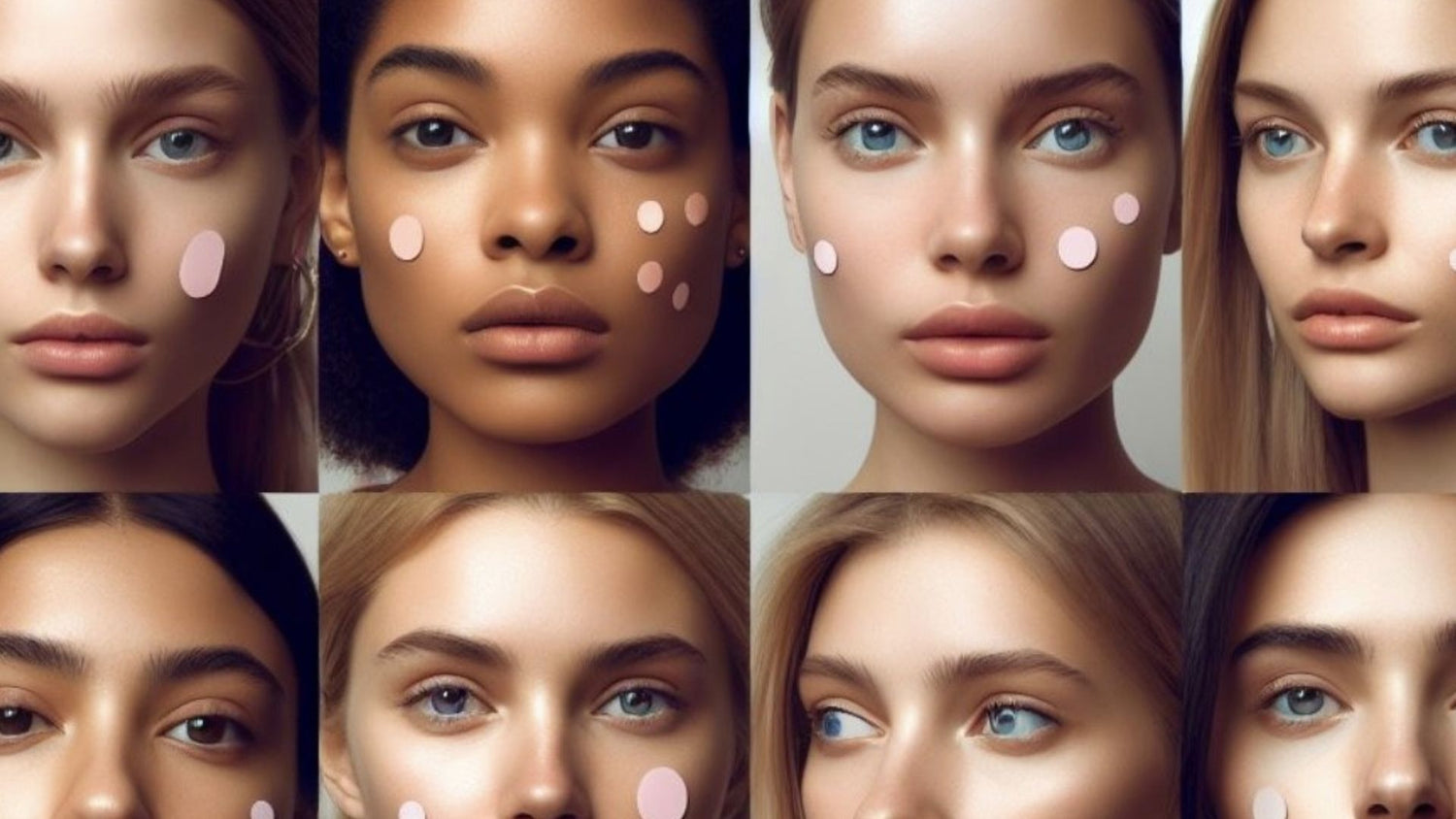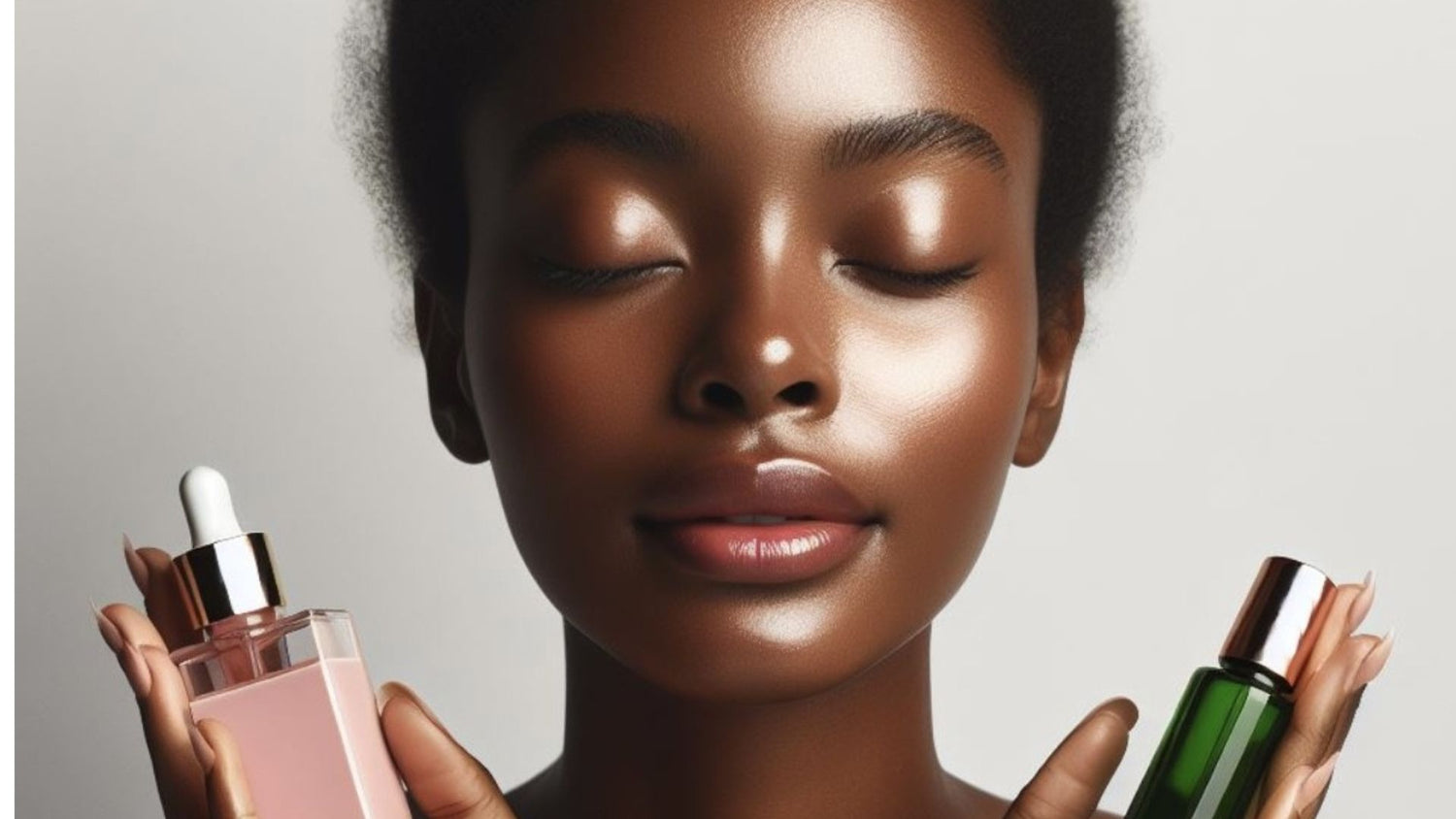People understand the need to keep our digestive systems balanced and filled with healthy bacteria. But, we also need probiotic bacteria to keep our skin healthy as well. Our skin provides a barrier between our organs and the outside world — it acts to make our bodies inhospitable hosts to any invading pathogens. In order to do this, our skin is covered in beneficial bacteria. These bacteria are responsible for maintaining the acid mantle of the skin (or the pH balance), keeping skin supple and healthy rather than overly dry or oily.
What Do You Mean By Probiotic?
“Pro” means “for” or “in favor of,” “biotic” means “life.” Therefore, probiotic means “for/in favor of life. The term probiotic was popularized by R. Fuller in 1989. According to the definition of the United Nations Food and Agriculture Organization and the World Health Organization (FAO/WHO) probiotics are: “Live microorganisms which, when administered in adequate amounts, confer a health benefit on the host.” Probiotics are available in foods and dietary supplements (like capsules, tablets and powders). Most probiotics are bacteria similar to those naturally found in people’s stomachs, especially in those of breastfed infants (who have natural protection against many diseases). Most often, the bacteria comes from two groups, Lactobacillus or Bifidobacterium or yeast Saccharomyces boulardii.
Probiotic Skin Care – Benefits To The Skin & Its Effectiveness
Probiotics are used in cosmetics and personal care products as a bioactive ingredient. Health & Wellness Trends Database reports that the consumer’s awareness of probiotics increased by 46% from 2004 to 2009. The global probiotic products market generated $15.9 billion in 2008 and is expected to be worth $32.6 billion in 2014. Miami dermatologist Leslie Baumann recognizes the potential of helpful bacteria to treat skin disorders, she says, “The bacteria in your colon are not the same as those on your skin, so you can’t make the leap that if probiotics work internally, they’re going to work topically.”
Clinical trials have found that probiotic technology in skin care will transform skin at a dermal and subdermal level. Probiotic technology is proven to reduce cellular damage by up to 50% and activate cellular renewal by up to 70%. Probiotics also stimulate the skin’s immune system, repair natural defenses, prevent collagen damage and hydrate the skin – slowing the aging process.
Products Launched With Probiotic Technology
NUDE skin care is the first major skin care line based on probiotics, launched in 2007 by eco-entrepreneur Bryan Meehan, founder of the UK’s Fresh&Wild organic food chain, who believed that putting a dose of healthy bacteria on the skin would help protect it. Sylvie Chantecaille‘s line is known for its innovative ingredients, claiming that “probiotics get rid of bad bacteria on the skin, just as yogurt eliminates negative bacteria in the stomach.”
The future of probiotic-infused skin care is here, Clinique Medical is in collaboration with Allergan, a leader in medical aesthetics. They have launched a probiotic skin care regimen which includes a pre- and post-operational kit with cleansers and creams, and redness solution makeup SPF15, etc. The product line doesn’t contain live bacteria but instead promotes the growth of skin’s own helpful bacteria to prevent infection following chemical peels and laser treatments.
The incorporation of probiotics into cosmetics and skin care products provides a distinct yet perpetual marketing appeal enhancing brand differentiation. Many major brands Like Garnier, Dr. Ohhira, Align, Culturelle, L’Occitaine, Murad, Sonya Dakar, Lierac, Bliss, Mama Mio, Beauty Cycle and Éminence have launched their products with probiotic claims. Probiotic skin care is the first professional line of anti-aging products formulated to harness the power of natural probiotics and botanicals to give you firmer, smoother and younger-looking skin. This innovative yet trendy technology allows formulators to develop products for the next generation of anti-aging cosmetics.
– Rinki Pramanik, biotechnologist
For more giveaways and contests, sign up for our newsletter HERE.
If you like this post, share it with your friends and give it a LIKE on Facebook.





